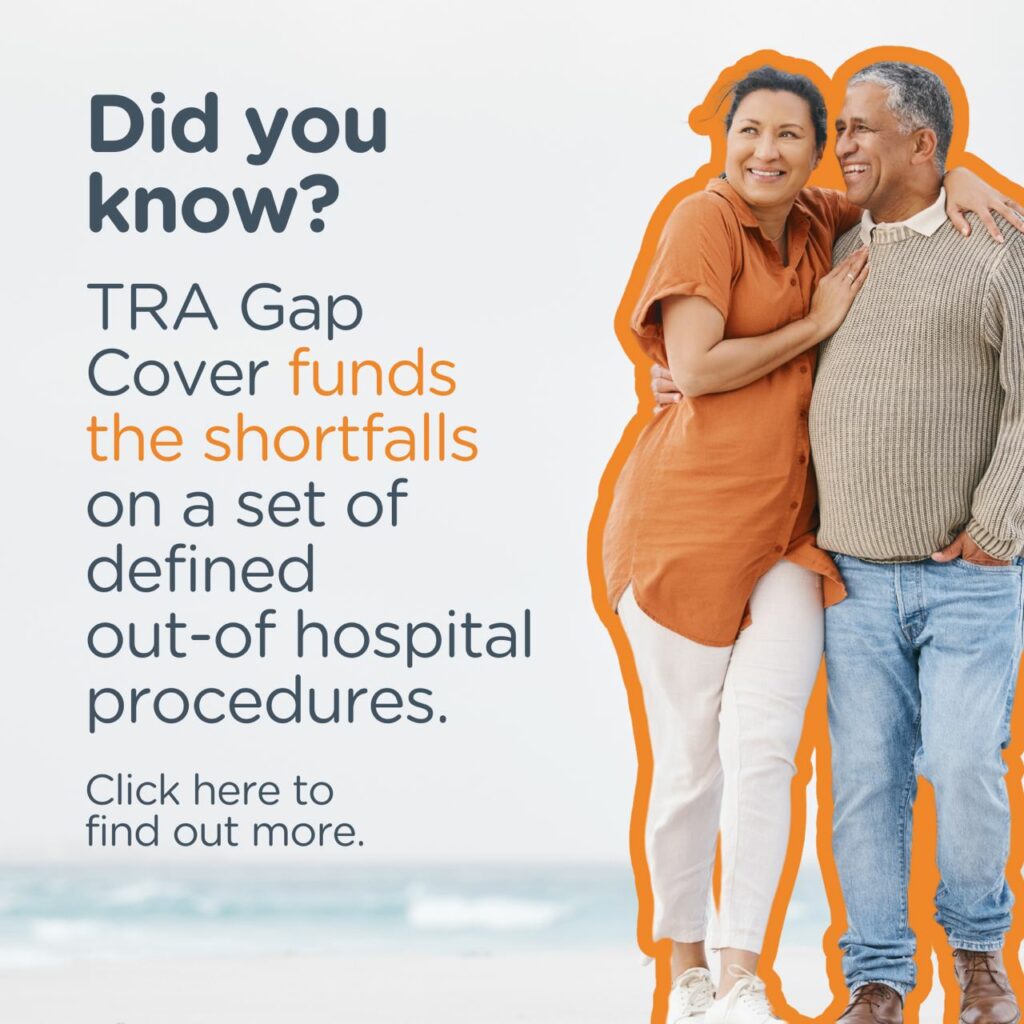The ‘Silent Killer’ is the title which has been coined for Ovarian Cancer. This is due to the very few signs and symptoms appare in the early stages of the disease. Researchers have found that if women do have symptoms, they are normally dismissed as being due to something else.
The most important thing is not to dismiss these symptoms and rather get a medical opinion, as this is the best way to catch ovarian cancer earlier. There is no screening test for the disease, and most cases are unfortunately often only found out about in the advanced stages.
Early Stage Symptoms:
It was found that women who have ovarian cancer often look back and realise that they did have mild symptoms of ovarian cancer and did just not acknowledge it at the time. There have been four symptoms most commonly seen in the early stages of the disease:
Abdominal Bloating:
This can easily be confused with Premenstrual Syndrome (PMS) or after eating large meals. Since the symptom is very subtle, it’s good to pay attention to your weight and see if you notice anything out of the ordinary, or very frequently.
Pelvic Pain or Pressure:
This feels like menstrual cramps but if the pain persists, especially accompanied by pelvic pressure, it is good to go get checked by a doctor just in case.
Feeling Full Quickly With Eating:
It was found that feeling full was common, which also included weight loss due to no desire to eat.
Urinary Frequency:
This was common in people who have ovarian cancer i.e. feeling the need to urinate more frequently or feeling the need to urinate urgently. This is due to the hormonal changes caused by the tumors.
Advanced Stage Symptoms:
These are the symptoms most commonly found in advanced stages of ovarian cancer. Even though there are more potential causes of these symptoms, it is best to get checked out by a doctor to be safe. Take a look at them below:
Changes in Bowel Habits:
This is the most important symptom to note. This can be constipation and diarrhea. Due to the pressure placed on the bowel from the tumor, stools become thinner. There may also be a bowel obstruction.
Pain With Intercourse:
This is also called dyspareunia. It may occur with ovarian cancer but may also be a pelvic inflammatory disease. It is common for the pain to be mainly on one side but it can also be generalised. The feeling is similar to menstrual cramps.
Back Pain:
Lower back pain is a common symptom. It can feel similar to the beginning stages of labour.
Unintentional Weight Loss or Weight Gain:
Weight gain is more often due to the fairly rapid accumulation of fluid in the abdomen. Weight loss is a combination of reasons such a loss of appetite.
Fatigue:
This is the most common cancer symptom but can be a symptom of a wide range of medical conditions.
If you feel that you may have any of the above symptoms, it would be safe to go get checked out by your doctor to be safe.
If you would like more information for comprehensive cancer protection under our Femme Cover policy, contact our team at Total Risk Administrators today: Female Cancer Cover
References:
Ovarian Cancer Symptoms














